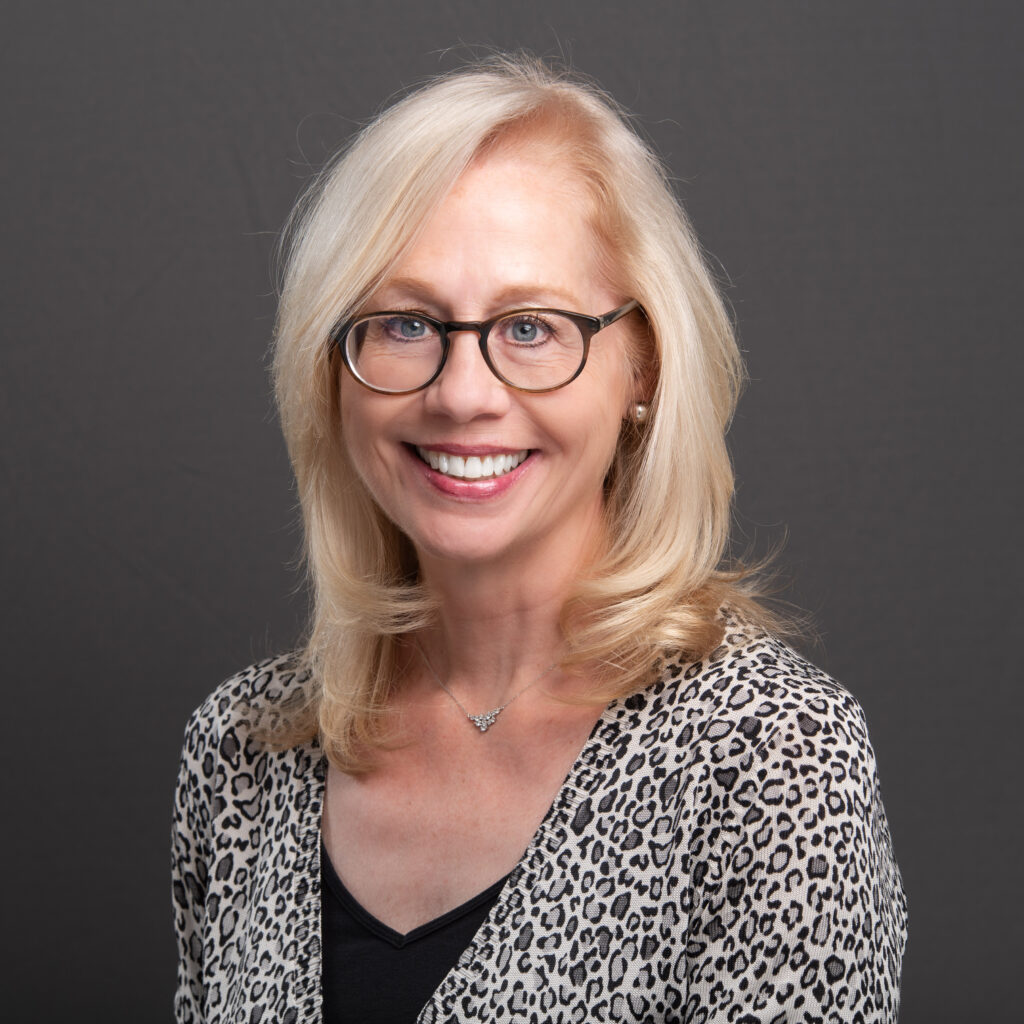 Ethical decision-making in a clinical setting isn’t always cut and dry—as much as we wish it would be. From decisions about patient discharges to allocation of resources, there’s no shortage of important issues related to clinical ethics that affect nurses’ lives every day.
Ethical decision-making in a clinical setting isn’t always cut and dry—as much as we wish it would be. From decisions about patient discharges to allocation of resources, there’s no shortage of important issues related to clinical ethics that affect nurses’ lives every day.
Lisa Anderson-Shaw, DrPH, MA, MSN, ANP-BC, HEC-C, is a certified clinical healthcare ethics consultant, Assistant Professor at Loyola University, and Chief Editor of The Nursing Voice. She sees firsthand the challenges nurses face.
Who Is the Decision-Maker?
When patients can’t make decisions for themselves, it’s not always clear whom the legal decision-maker should be. Nurses are often involved in identifying issues related to patient decisional capacity that can arise with treatment decision-making or discharge disposition.
In such scenarios “It puts nurses in a position where the legal decision-maker is not clear and medical decisions may need to be made quickly, especially in ICUs,” says Anderson-Shaw.
In Illinois, the Illinois State Surrogate Statute is followed if the patient has been assessed to lack decisional capacity and does not have any formal advance directive that names a proxy decision-maker. This decision-making model is based on the next of kin hierarchy. (Each state has their own laws for such situations.)
However, patients, especially transfers from nursing homes, may not have next of kin or friends available to act as their surrogate decision-maker. When a patient doesn’t have next of kin that can be found or a power of attorney listed and/or a POLST (Provider Order for Life Sustaining Treatments), the institution may petition the legal system to have a legal guardian named from the state. Nurses often work with the institutional social workers to get the guardianship process started.
“It is so important to assess patients on admission as to their decisional capacity and their family / friends resources so, if needed, a legal decision-maker may be appointed early on in the admission,” she says.
In situations where a decision-maker has stepped forward, ethical issues can still develop.
“Who is the decision-maker, and how do we make sure that person is the person that’s supposed to do it? Nurses are really good at saying, ‘This person has been making decisions, but the husband just called.’ They would then talk to their colleagues or call for an ethics consult in whatever system they have for that—putting it up the chain,” Anderson-Shaw explains.
The stakes don’t get any higher than when it comes to end of life decision-making. Even with paperwork in place like advance directives, deciding to take someone off a ventilator, for example, can be excruciating for everyone involved.
A clinical ethics consultant like Anderson-Shaw can help talk families through the process and think through the situation ethically from every angle.
“What do we do when someone is considered brain dead, and how do you evaluate that? What does that mean to society and family members? How can we make these decisions?”
The answers are almost never simple, but thinking about it from a clinical ethics perspective can help families and clinicians navigate the situation.
Allocating Resources
In 2009, Anderson-Shaw co-wrote a paper titled “Rationing of resources: ethical issues in disasters and epidemic situations” during the height of H1N1.
During the H1N1 epidemic, ECMO machines were at the top of healthcare professionals’ minds. With Covid-19, some of the ethical issues involved allocating ventilators. Regardless of the specific equipment, creating a transparent decision-making process is crucial.
“There are ethical parameters by which those decisions can be made, but they have to be transparent. They have to be understood by all the medical staff, all the nursing staff. That is one really important issue we still grapple with: allocation of scarce resources.”
Outside of the Hospital
Just and equitable resource allocation is an important ethical question outside of the hospital setting as well. Anderson-Shaw looks at how social issues like food deserts, homelessness, and inadequately resourced public schools play into broader health-related problems.
As an assistant professor at Loyola University, she hopes her students see the interconnection between social issues and healthcare, too.
“I’ve been doing a lot more talking with my students about the ethics around social issues we face. We have to be more active, proactive, when it comes to, say, gun violence. It’s a huge public health problem right now, especially in parts of Chicago.”
She continues. “There has to be a kind of bridge to a gap, and I think nurses are in a great position to be leaders in this.”
